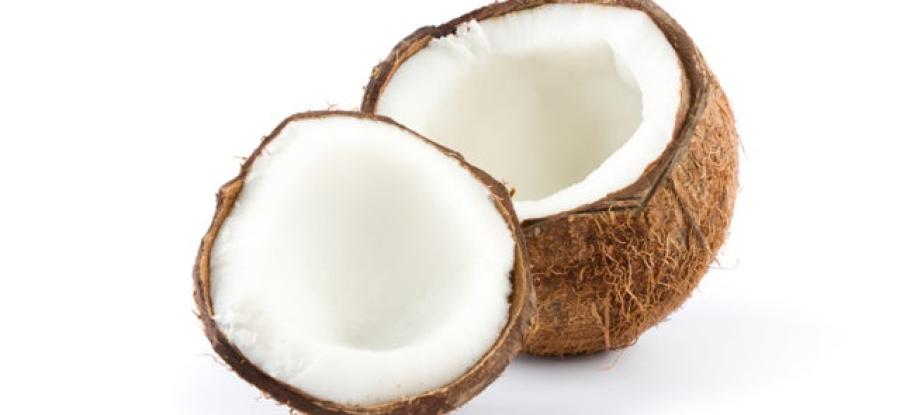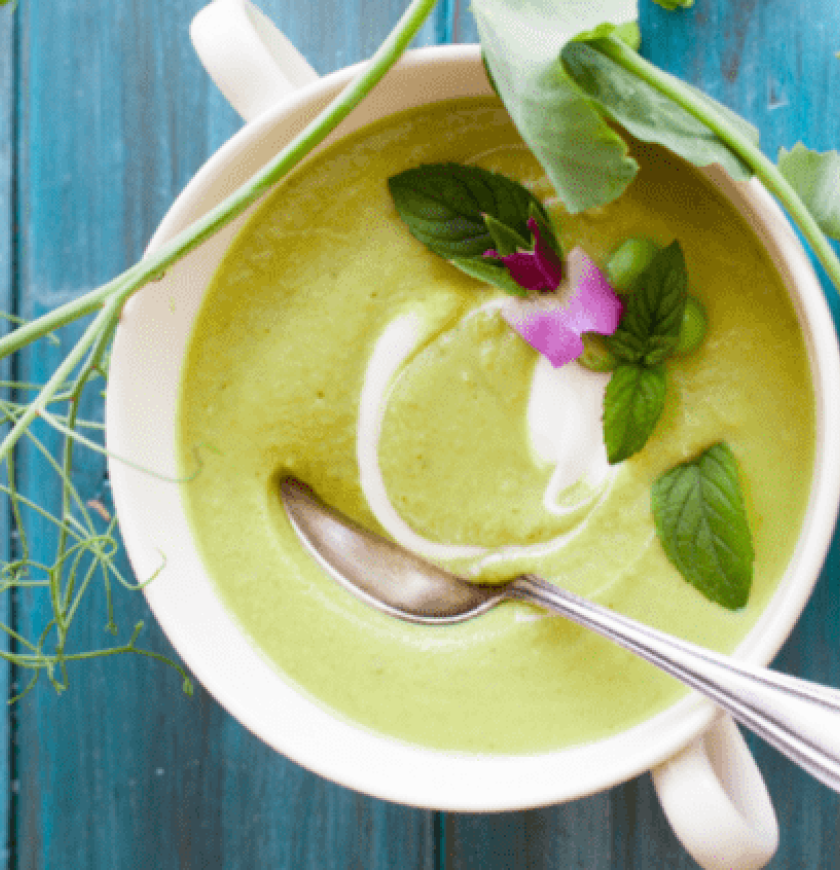Coconut Water: Worth the Hype?

Coconut water: Yogi essential or overblown fad?
The country is experiencing a specialty beverage bonanza, with customers snapping up “functional” drinks and enhanced waters that promise to deliver better health and well-being. Coconut water has been touted as the “natural” alternative to such drinks, which are often filled with sugar or artificial sweeteners. As more and more yoga teachers are heard ending class with directives to “go home and drink your coconut water,” legions of devotees are happily shelling out up to $3 for an 11 ounce serving of the water, which is available everywhere from corner bodegas to mainstream supermarkets, yoga studios to gyms. Hollywood’s in on it, too: Spokespeople for and investors in the most popular brands—Vita Coco, O.N.E., and Zico—include Demi Moore, Matthew McConaughey, and pop singer Rhianna, as well as professional athletes like baseball player Alex Rodriguez and Celtics player Kevin Garnett .But is coconut water really better for you than water?
An 11-ounce container of coconut water (approximately the amount of water contained in the center of a single coconut, and not to be confused with coconut milk, which is derived from the meat of the fruit) is said to have 15 times more electrolytes—namely, sodium, potassium, and magnesium—than the average sports drink, with only about 60 calories per serving and no added sugar or fat. Electrolytes, which are lost through excessive sweating, allow cells to generate energy and move fluids throughout the body and are thus essential to muscle and nerve function. That’s why electrolytes are supplemented to sports drinks like Gatorade.
But a study by ConsumerLab.com found that two of the three most popular brands of coconut water had far fewer electrolytes than their labels claimed (only Zico was said to contain the level of electrolytes it promised). And though electrolytes are important, most nutritionists say that only those who have been sweating extremely hard for an hour or more need to worry about replenishing lost minerals—and that even in these cases, plain old water is just fine.
“Coconut water is an okay source of potassium and other electrolytes, but not exceptional,” says nutritionist John Bagnulo, MPH, PhD, who teaches Kripalu programs. “It’s certainly not worth either the carbon footprint required to get it here or all the packaging that is required to get the stuff into portions for consumers.” (Most coconuts used for coconut water are sourced from Brazil, Thailand, Indonesia, and the Philippines.)
That said, John notes that coconut water is a far better option for consumers than any of the sweetened beverages we’re drowning in, which deliver as many additives as they do nutrients. But do beware of falling for fads. Some industry analysts compare the rise in popularity of coconut water to the explosion of bottled water—and we see where that has taken us. The best choice of all for optimal post-workout health: Water with or without a pinch of sea salt (for sodium) or a banana. Or both.
© Kripalu Center for Yoga & Health. All rights reserved.
Articles, programs, promotions, recipes, and more, delivered right to your inbox.
You May Also Like
Related Programs

Yoga for Anxiety


Ignite Your Practice


Stretch with Intelligence


Restorative Yoga and Sound Healing


Soul Journey Workshop


The Kripalu Silent Retreat

Get Our Catalog
Get a sneak peek of everything happening at Kripalu in the coming season. Sign up to get our print catalog delivered to your doorstep.
Newcomer's Guide
New to Kripalu? Explore who we are, what we offer, and begin your transformation today.







































